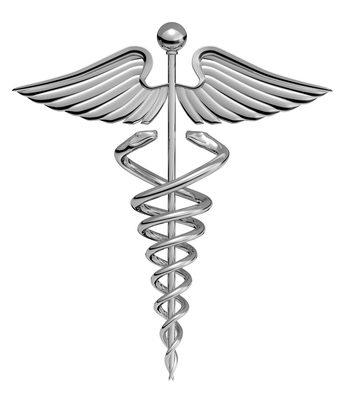 Health administrators have complex decisions to make every day in order to meet patient needs, changing regulations, and service standards. Some daily responsibilities include allocation of funds, measurement of the quality of care, access to healthcare, and advances in medical technology. The combination of nursing experience, an undergraduate degree in nursing, and a graduate degree in health administration can give nurses the tools they need for a rewarding career in health administration.
Health administrators have complex decisions to make every day in order to meet patient needs, changing regulations, and service standards. Some daily responsibilities include allocation of funds, measurement of the quality of care, access to healthcare, and advances in medical technology. The combination of nursing experience, an undergraduate degree in nursing, and a graduate degree in health administration can give nurses the tools they need for a rewarding career in health administration.
Degree Programs and Curriculum
A master’s degree program in health administration prepares students for evaluating policies, creating ties with the healthcare community, and potential access to employment opportunities.
Graduate programs in healthcare management include coursework that challenges students in several areas. Students learn techniques and theories in such topics as management operations leadership, health policy analysis, healthcare information technology, health finance, and quality of care. Some specific course examples include financial management, strategic healthcare management, health policy, health services quality management, health law, conflict resolution, leadership., organizational development, community health assessment, healthcare marketing, human resources for healthcare, and strategic planning.
Nursing Administration Career Overview
Health administration prepares graduates for positions with hospitals, insurance companies, community health organizations, government agencies, private medical practices, and other medical organizations. A popular option for graduates with a master’s degree in health administration is a position as a nursing administrator, or director of nursing.
The master’s in health administration is a step for nurses to take in the path to nursing administration careers. One of the most popular options for health administrators with a background and bachelor’s in nursing and a master’s degree in health administration is the position of nurse administrator. The higher education of a master’s degree, combined with the ability to apply the management and business skills and knowledge acquired as a graduate student, are helpful in the advancement to nursing administration.
Nursing administrators supervise nursing staff. These responsibilities often include overseeing nurse training, scheduling, and assigning nursing staff to departments within a healthcare organization. Supervision of patients is another key part of a nursing administrator’s position. By managing the treatment of patients throughout a healthcare organization, nursing administrators ensure quality of care and oversee the delivery of an organization’s mission, vision, and goals. Nursing administration also requires display of leadership and application of management techniques in dealing with other departments within a healthcare organization.
Other Careers in Health Administration
With a master’s in health administration degree, graduates have acquired the knowledge and skills needed for a variety of management responsibilities including financial management and control, planning coordination, supervision of staff, and implementing policies and procedures.
These skills are a necessity for many healthcare administration positions, a field projected to grow by 22 percent by 2020. Some examples of positions other than nursing administrator for nurses who complete a degree in health administration include director of operations, executive director, healthcare administrator, healthcare manager, hospice administrator, health services manager, operations manager, nursing home administrator, quality coordinator, and other supervisory and executive positions within a healthcare organization.
Additional information on careers in healthcare administration is available at the American College of Healthcare Executives website.
